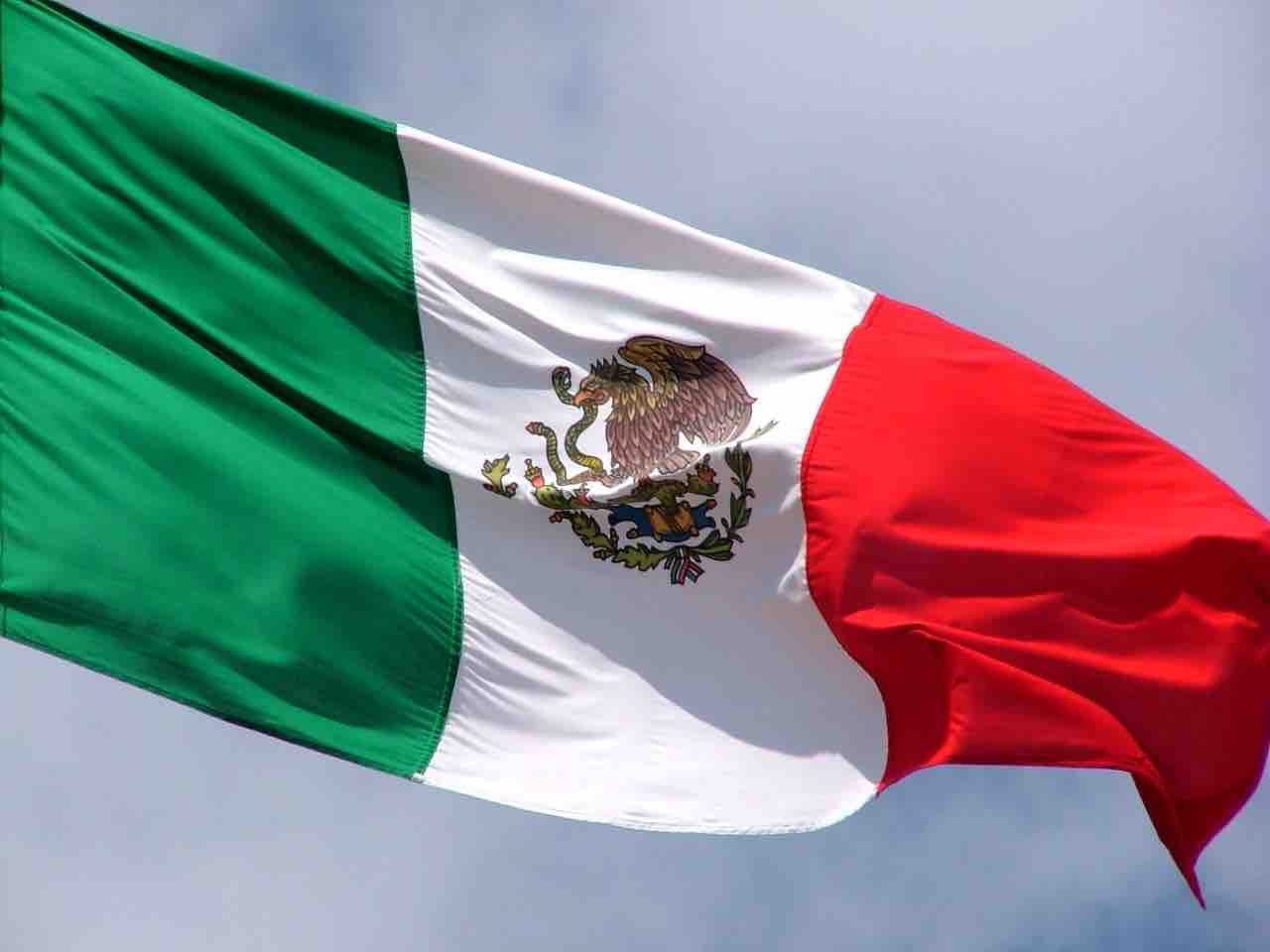Big Oil Begins To Worry About Trump’s Wall

Donald Trump’s idea to build a wall along the southern border of the U.S. has been called everything from controversial to harebrained, but—to the likely dismay of some of the oil majors—it’s now officially part of the Republican Party’s platform.
As it turns out, the idea has been on the GOP table for a while, and Trump was just the man to voice it loudly and persistently enough. Trump’s wall is on the agenda, should he become president.
A wall stopping people and vehicles from illegally crossing into the U.S. may appear to be a simple and effective solution to illegal immigration, but it sure won’t sound so good to Marathon Oil, Anadarko Petroleum, Exxon, Chevron, Kinder Morgan and their peers. The reason: since Mexico liberalized its energy market back in 2014, it has become an attractive investment destination for U.S. energy companies.
E&Ps are bidding for oil and gas blocks. Service providers are building pipelines to export oil and gas to the south. Gas is a top priority, as it is gradually becoming the dominant element in Mexico’s energy mix. U.S. natural gas exports to its southern neighbor spiked following the 2014 liberalization, reaching 103.42 billion cubic feet in March 2016, from just 20.63 billion cubic feet in April 2010, according to the Energy Information Administration.
To put this into perspective, let’s see how prices have been moving since 2014. The U.S.exported natural gas at $2.26 per 1,000 cubic feet in November 2015, which fell to $$2.20 in February this year and further to $1.88 in March, before inching up to $2.03 in April. The EIA’s latest natural gas report noted higher prices would stimulate production, and these higher prices, if they translate into higher export prices for Mexico, could add to the pre-wall pressure between the two countries. Especially since there are large-scale gas transportation projects underway.
Earlier this year, the pending launch of a project was announced that would see U.S. gas exports to Mexico jump by a fifth. The project is the second phase of the Los Ramones pipeline, which is being developed by Mexico’s Petroleos Mexicanos and funded by First Reserve Corp and BlackRock.
As Bloomberg noted at the time of the report, Mexico has become a priority market for U.S. shale producers pressured by the commodity price slump. Bloomberg New Energy Finance policy analyst Stephen Munro told The Street that Mexico is more lucrative than the U.S.’ other neighbor, Canada, simply because it is a developing economy, and developing economies need more energy. Mexico also has underdeveloped energy wealth, and big oil has a problem with its reserves replacement, so the way things are right now is beneficial for both sides.
This will certainly change if Donald Trump gets the vote and builds that notorious wall. No government in their right mind would continue doing business with someone who’s building walls along their common border. And this business that the U.S. and Mexico are now doing, including the prospects of an expansion of trade ties in the energy section, is equally important for both sides. A wall – especially if Trump continues to insist that Mexico pay for it – would seriously harm these ties.
Curbing illegal immigration is certainly a challenge, and a physical wall is just as certainly one solution to the problem. Yet it carries some drawbacks for American business, a lot of lost profits, and the need to expand the search for new markets.
Wouldn’t Mexico buckle if Trump threatens from the White House to stop the gas flow? Maybe. But then again, maybe not. Mexico is not entirely reliant on U.S. gas; it produces its own too. As if often the case, it looks like gas could be used as a political weapon—this time by Mexico and the United States.
Related News
Related News

- Trump Aims to Revive 1,200-Mile Keystone XL Pipeline Despite Major Challenges
- Valero Considers All Options, Including Sale, for California Refineries Amid Regulatory Pressure
- ConocoPhillips Eyes Sale of $1 Billion Permian Assets Amid Marathon Acquisition
- ONEOK Agrees to Sell Interstate Gas Pipelines to DT Midstream for $1.2 Billion
- Energy Transfer Reaches FID on $2.7 Billion, 2.2 Bcf/d Permian Pipeline
- U.S. LNG Export Growth Faces Uncertainty as Trump’s Tariff Proposal Looms, Analysts Say
- Tullow Oil on Track to Deliver $600 Million Free Cash Flow Over Next 2 Years
- Energy Transfer Reaches FID on $2.7 Billion, 2.2 Bcf/d Permian Pipeline
- GOP Lawmakers Slam New York for Blocking $500 Million Pipeline Project
- Texas Oil Company Challenges $250 Million Insurance Collateral Demand for Pipeline, Offshore Operations




Comments